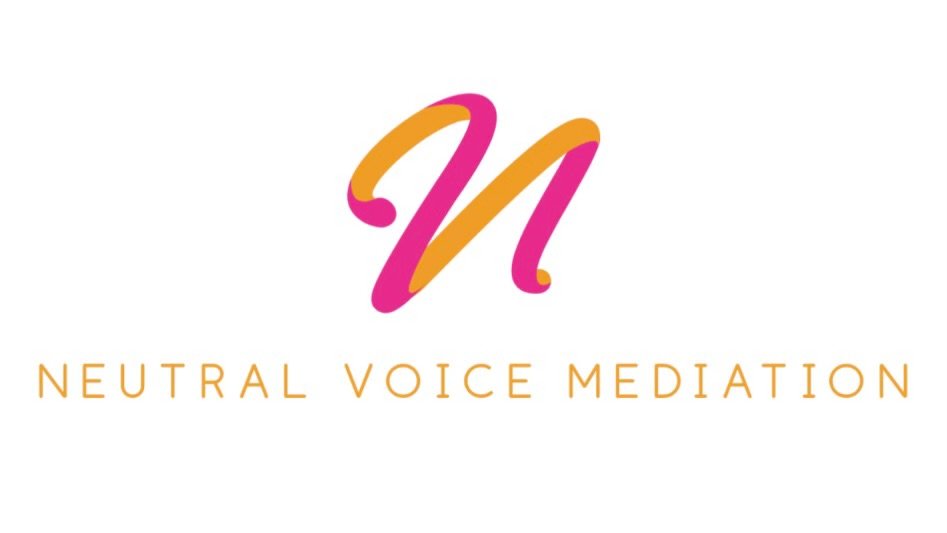Preparing for Divorce Mediation: A Guide to a Peaceful Resolution
Divorce mediation can feel like a big step, and it’s natural to feel nervous, or even defensive, about the process. However, mediation is not about fighting or winning; it’s about finding a peaceful, sustainable solution that benefits everyone involved. Preparation is key, and having the right mindset can make a significant difference in the outcome. Here’s a guide on how to prepare for mediation and set yourself up for a successful resolution.
1. Shift Your Mindset: Mediation Is Not About Winning
It’s easy to walk into mediation ready for a fight, especially when emotions run high. Many people instinctively adopt a warrior mentality, believing they need to "win" or protect themselves. But mediation is not a battleground—it’s a space for communication, understanding, and compromise. To get the most out of the process, try to come with an open mind and a willingness to listen.
When you let go of the need to “win,” it opens up room for real solutions. Mediation allows both parties to address concerns, needs, and goals in a way that fosters long-term harmony, especially if children are involved. The more collaborative your approach, the more likely you are to reach an agreement that feels fair and sustainable for everyone.
2. Prepare Practically: Use Checklists for Essential Documents
One of the most practical ways to prepare for mediation is to gather all the documents you’ll need. On my website’s resources page, you’ll find checklists that outline everything to bring to mediation. This could include:
- Financial records (bank statements, debts, tax returns)
- Property information (mortgage, title documents)
- Documents related to children (school schedules, medical records)
Having everything organized ahead of time helps keep mediation focused and productive, making it easier for you to present your needs clearly and efficiently.
3. Consider Desired Outcomes & Contributions
Before mediation, take time to reflect on what you truly want out of the process. Think beyond immediate needs and consider long-term outcomes that would benefit both you and your family. For instance:
- What are your core goals? (e.g., fair division of property, a smooth co-parenting arrangement)
- What are you willing to contribute to reach those goals?
By thinking about the bigger picture, you’re setting yourself up for solutions that are realistic and durable. It’s also helpful to identify any areas where you’re willing to compromise, as flexibility often leads to faster and more amicable resolutions.
4. Prepare for Co-Parenting Mediation: Think About the Details
If you’re entering mediation for co-parenting, consider the various aspects of a co-parenting plan. The goal here is to develop a clear, consistent framework that serves your children’s best interests and helps avoid future conflicts. Some details to consider include:
- Schedules: How will you handle pickups, drop-offs, and school schedules?
- Trusted Contacts: Who will be emergency contacts or caregivers in case one parent is unavailable?
- Special Days: How will you share holidays, birthdays, and vacations?
- Parenting Preferences: Have you discussed topics like religion, medical decisions, haircuts, or after-school activities?
Having clarity on these topics ahead of time will ensure you’re prepared to discuss them constructively during mediation. It will also help prevent misunderstandings later, setting you and your co-parent up for a smoother journey.
5. Explore Available Resources
Preparing for mediation goes beyond just documents and checklists. Sometimes, additional support can make a huge difference. My website’s resources tab offers a variety of tools and support options, including:
- Bilingual Mediators for those who prefer sessions in another language.
- Therapists who can help you work through emotions before mediation.
- Discounted and Free Mediation Centers to ensure mediation remains accessible to everyone.
Take advantage of these resources to feel more confident and prepared when it’s time for mediation.
6. Approach Mediation with an Open Heart
Successful mediation relies on genuine communication and empathy. Arriving with an open heart and willingness to listen can set a positive tone that makes mediation much easier and more productive. Remember, the goal is to repair and rebuild—not to divide or break down further. When both parties come to the table with a cooperative mindset, it leads to solutions that work in the long run and provide a stable foundation for future interactions.
Divorce mediation is an opportunity to redefine the future peacefully and respectfully. By preparing thoroughly, thinking about your goals, and approaching the process with an open mind, you’re setting yourself up for a positive experience that can lead to lasting, meaningful solutions. Explore my resources page for any additional support you may need, and remember: mediation is about finding common ground, not drawing battle lines. Together, let’s work towards a harmonious resolution.

